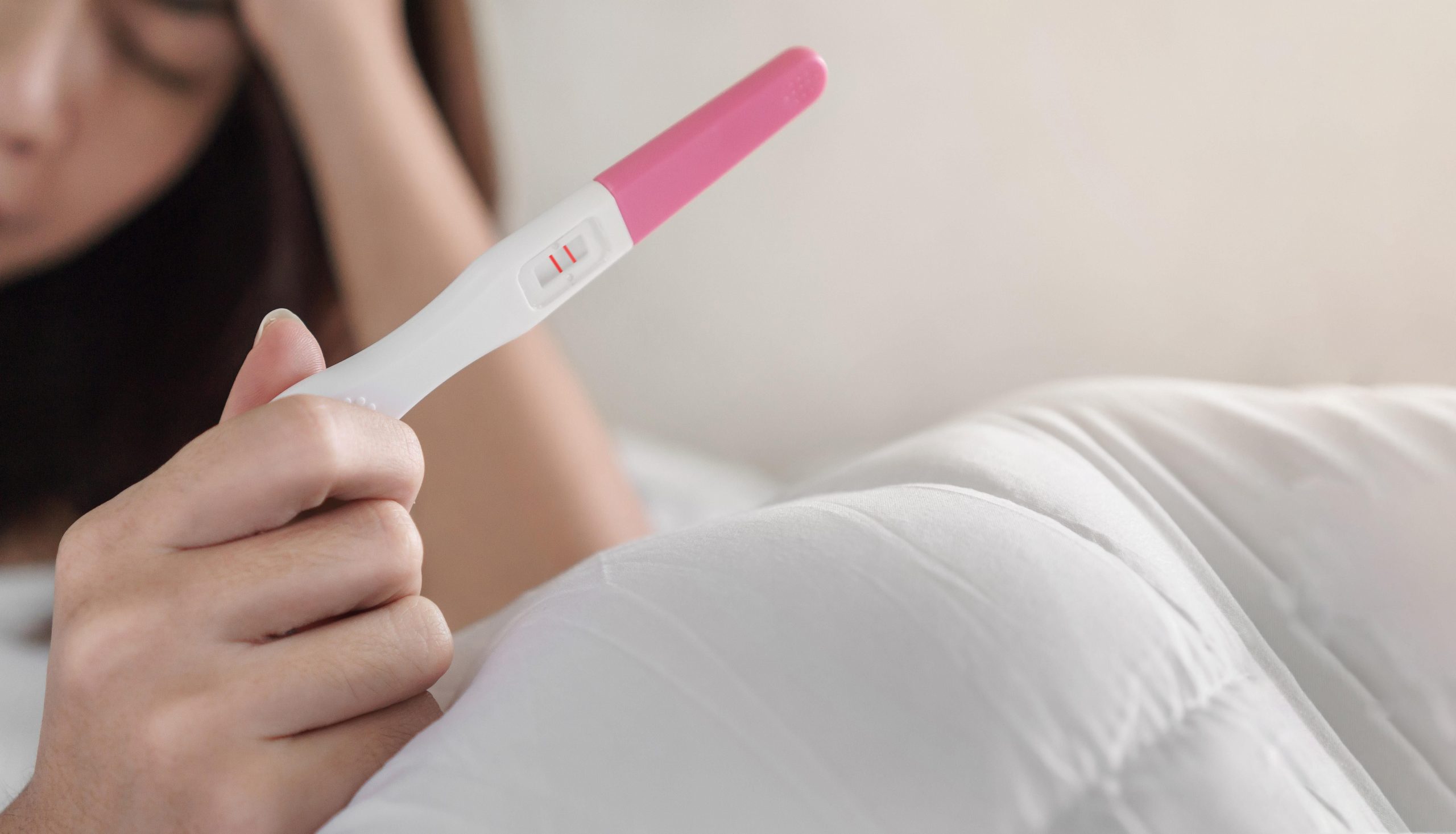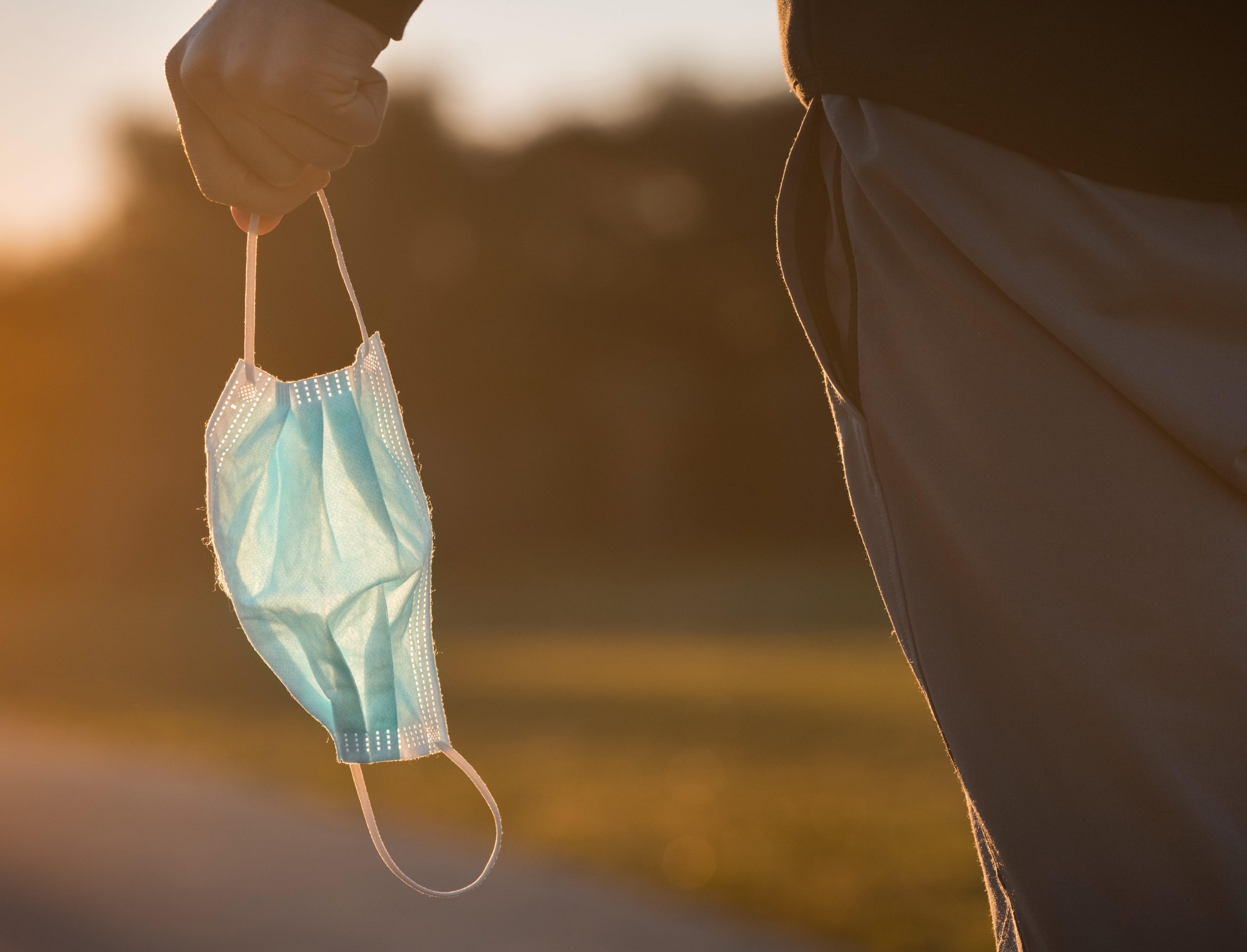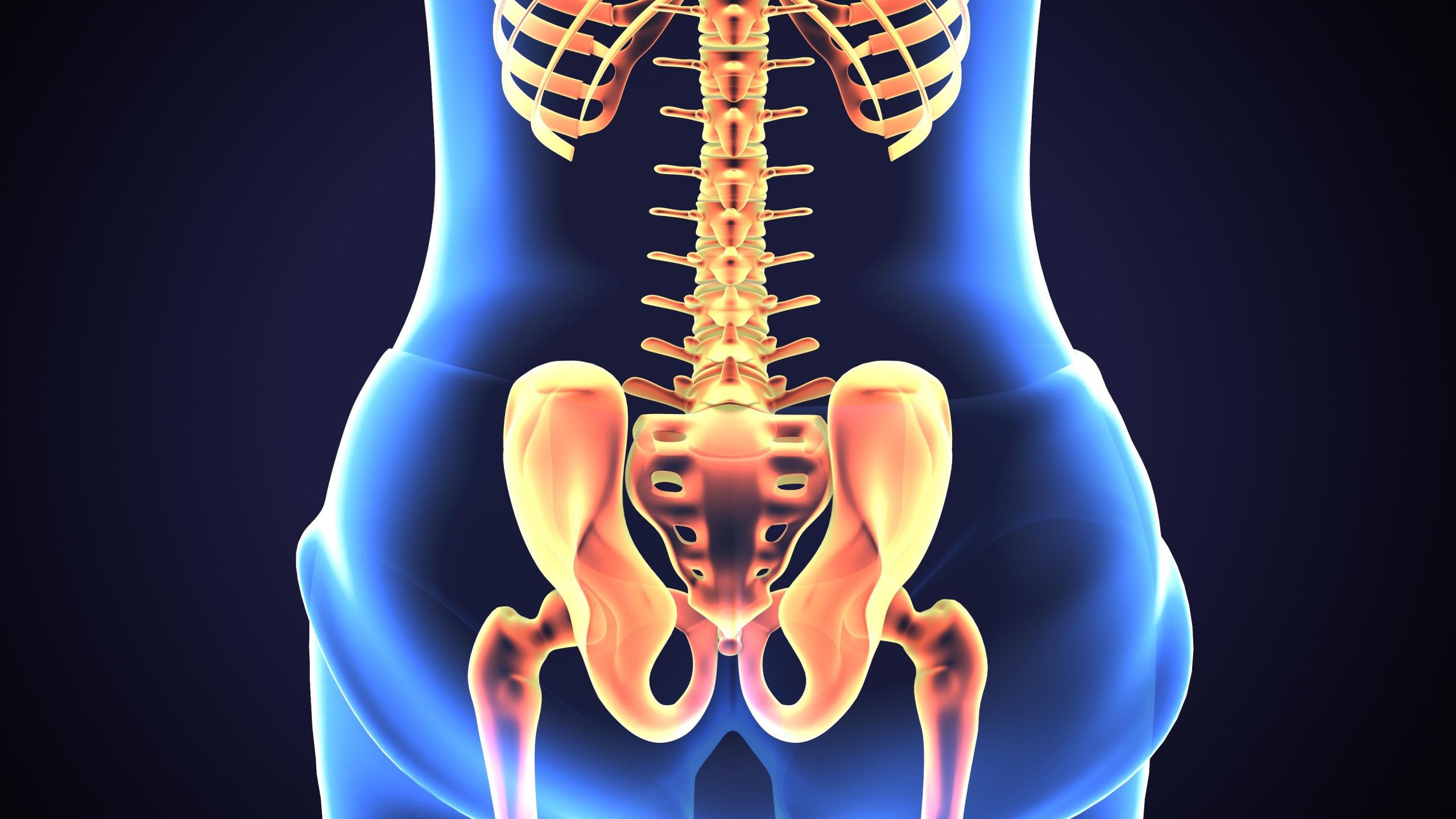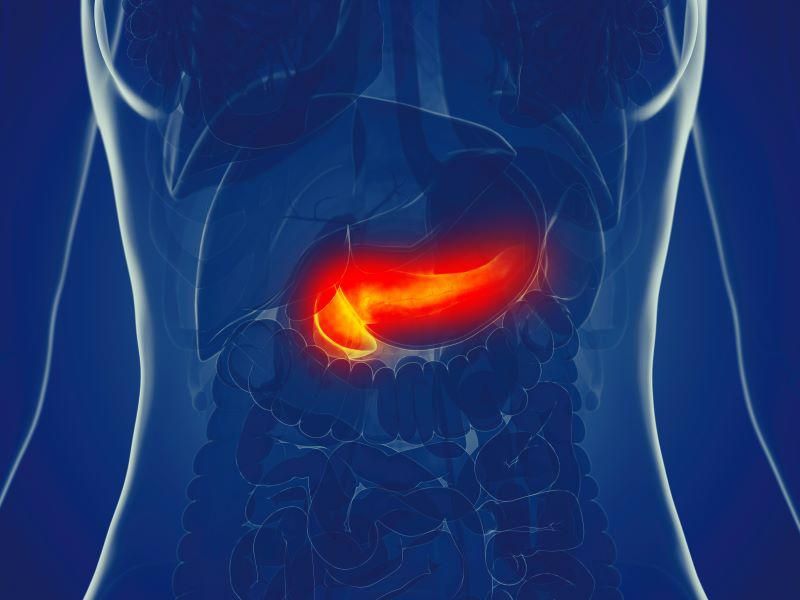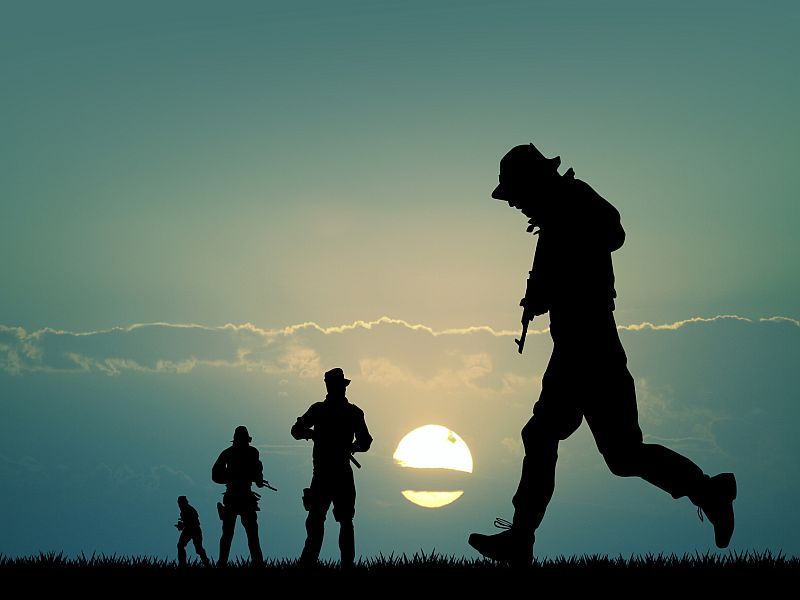
Wildfires, like the one currently raging in New Mexico, are known to cause upticks in breathing issues and heart attacks in their immediate wake for folks who live nearby. Now, new Canadian research shows that these fires may also increase risk for lung and brain cancer over time. People who lived within about 30 miles… read on > read on >










